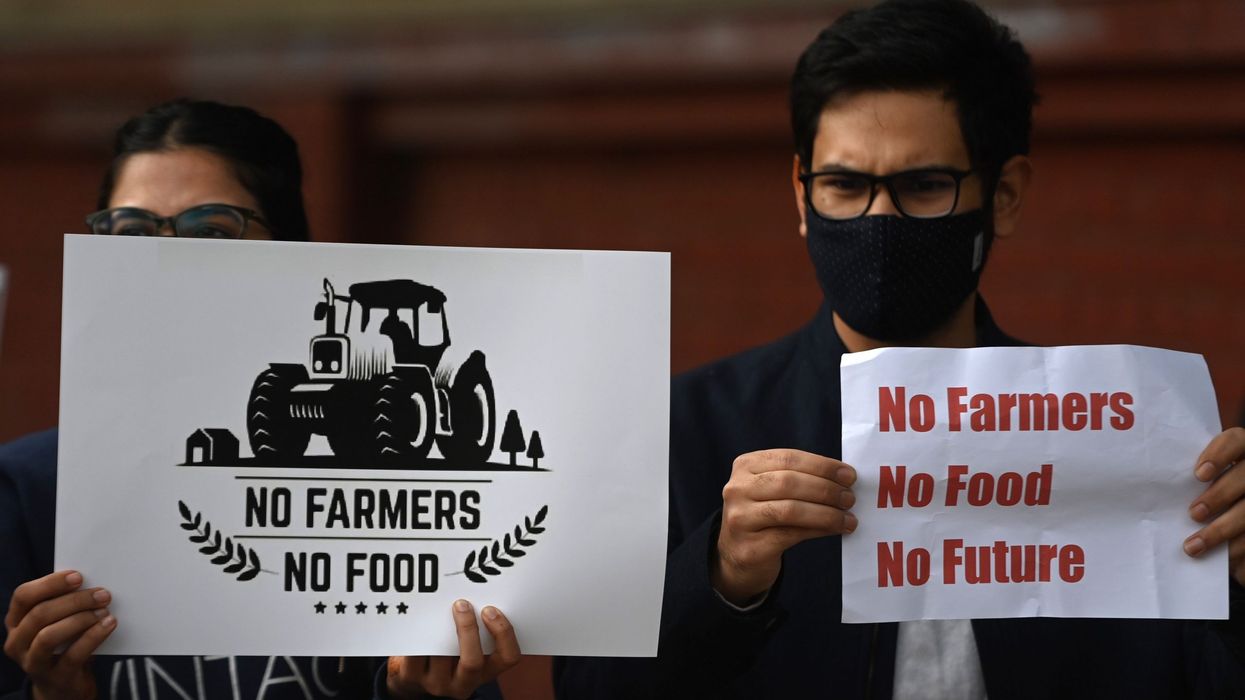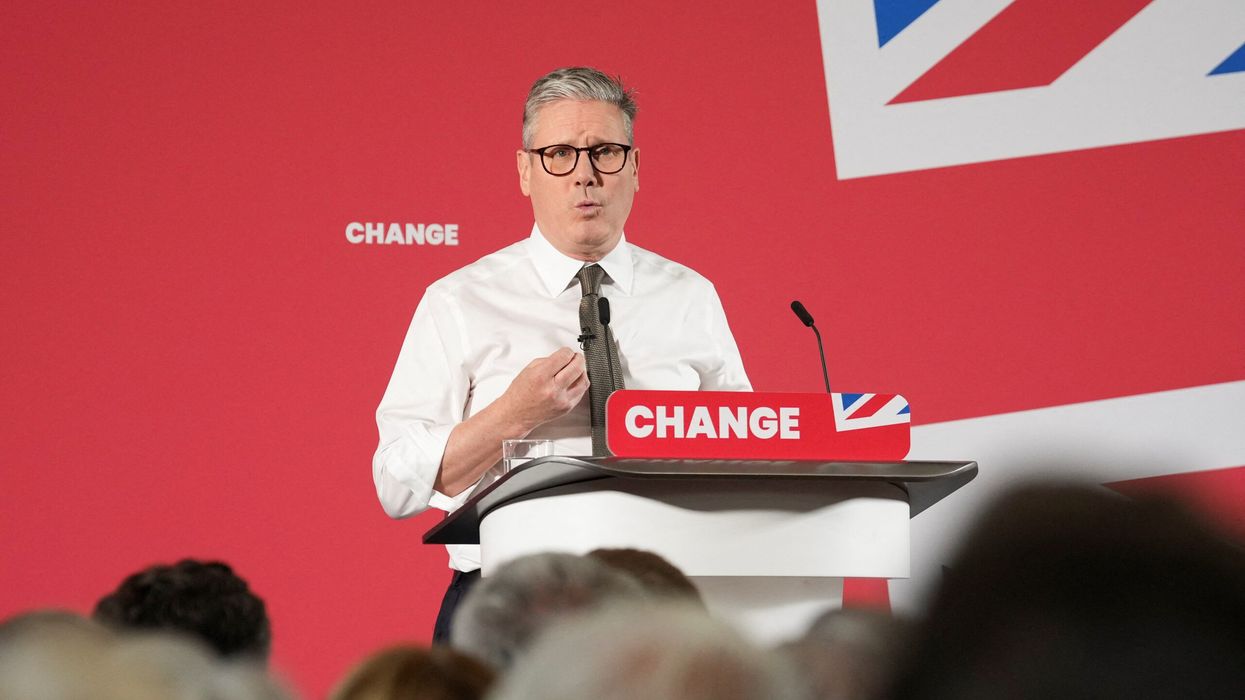The UK Parliament's Petitions Committee will consider a Westminster Hall debate in the House of Commons complex on the issue of farmers protests and press freedom in India after an online petition attracted over 110,000 signatures.
While the name of Boris Johnson appears in his capacity as a west London Conservative Party member of Parliament, Downing Street had categorically denied that the UK primeminister had signed the petition.
The House of Commons further clarified on Thursday that while it is possible to view signatures on its petitions website by individual parliamentary constituencies, and the data also gives the name of the constituency MP, the data does not show whether individual MPs have signed it.
India has called the remarks by foreign leaders and organisations on protests by farmers as ''ill-informed'' and ''unwarranted'', asserting that the matter pertains to the internal affairs of a democratic country.
The Ministry of External Affairs (MEA) in New Delhi issued a statement on Wednesday to highlight that the Parliament of India had passed "reformist legislation" for the agricultural sector, which "a very small section of farmers" have some reservations about and therefore the laws have been kept on hold while talks are held.
Emphasising that the protests must be seen in the context of India's democratic ethos and polity, the MEA in its statement said some vested interest groups have tried to mobilise international support against the country.
"Before rushing to comment on such matters, we would urge that the facts be ascertained, and a proper understanding of the issues at hand be undertaken.
"The temptation of sensationalist social media hashtags and comments, especially when resorted to by celebrities and others, is neither accurate nor responsible," the MEA statement said following some high-profile celebrities tweeting over the agitation by farmers.
In London, a UK government spokesperson said, "Media freedom is vital for the protection of human rights and journalists all around the world must be free to do their job and to hold authorities to account without fear of arrest or violence."
"Free press plays a crucial role in our democracies and the government are putting their full weight behind this, including through our membership of the Media Freedom Coalition," the spokesperson said.
The petition on the official Parliament petitions website, entitled ''Urge the Indian Government to ensure safety of protesters & press freedom'', calls on the British government to make a public statement on the "#kissanprotests & press freedoms".
All e-petitions on the Parliament website that cross the 10,000 signatures mark require the UK government to make an official statement and any petitions that cross 100,000 signatures must be considered for a debate.
The House of Commons said the government's response to the petition is expected later this month and the debate is under consideration.
"Petitions that receive 100,000 signatures will be considered for a debate in Parliament. Debates in Westminster Hall -- where petitions debates take place -- are currently suspended, but the Committee will make an announcement on scheduling this debate as soon as possible," a House of Commons spokesperson said.
Meanwhile, the Indian Journalists'' Association (IJA) in the UK joined other international media organisations to express concern over the arrest of journalists covering the farmers'' protests and urged the Indian government to ensure the safety of journalists in the country.
"The freedom of press is an important pillar of any democracy and authorities must ensure that journalists are able to do their jobs -- reporting accurately and without bias -- however challenging the circumstances," it said in a statement.
Thousands of farmers, mainly from Punjab and Haryana, have been camping at several Delhi border points since November last year, demanding the government to repeal the three farm laws and legal guarantee of minimum support price (MSP) for their crops.
Defending the three contentious agri laws, the MEA said, "These reforms give expanded market access and provided greater flexibility to farmers. They also pave the way for economically and ecologically sustainable farming."












